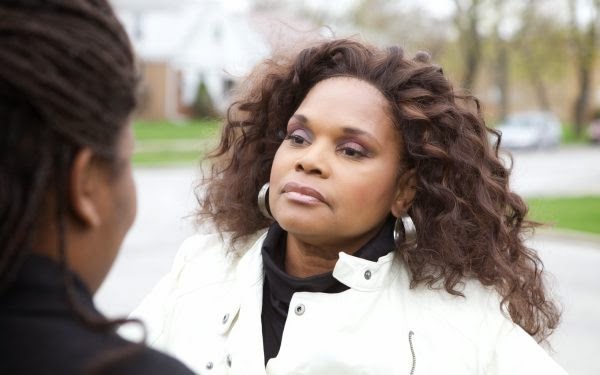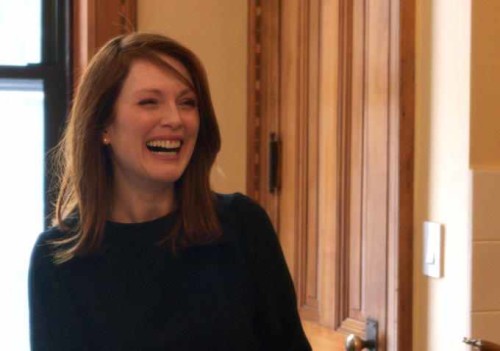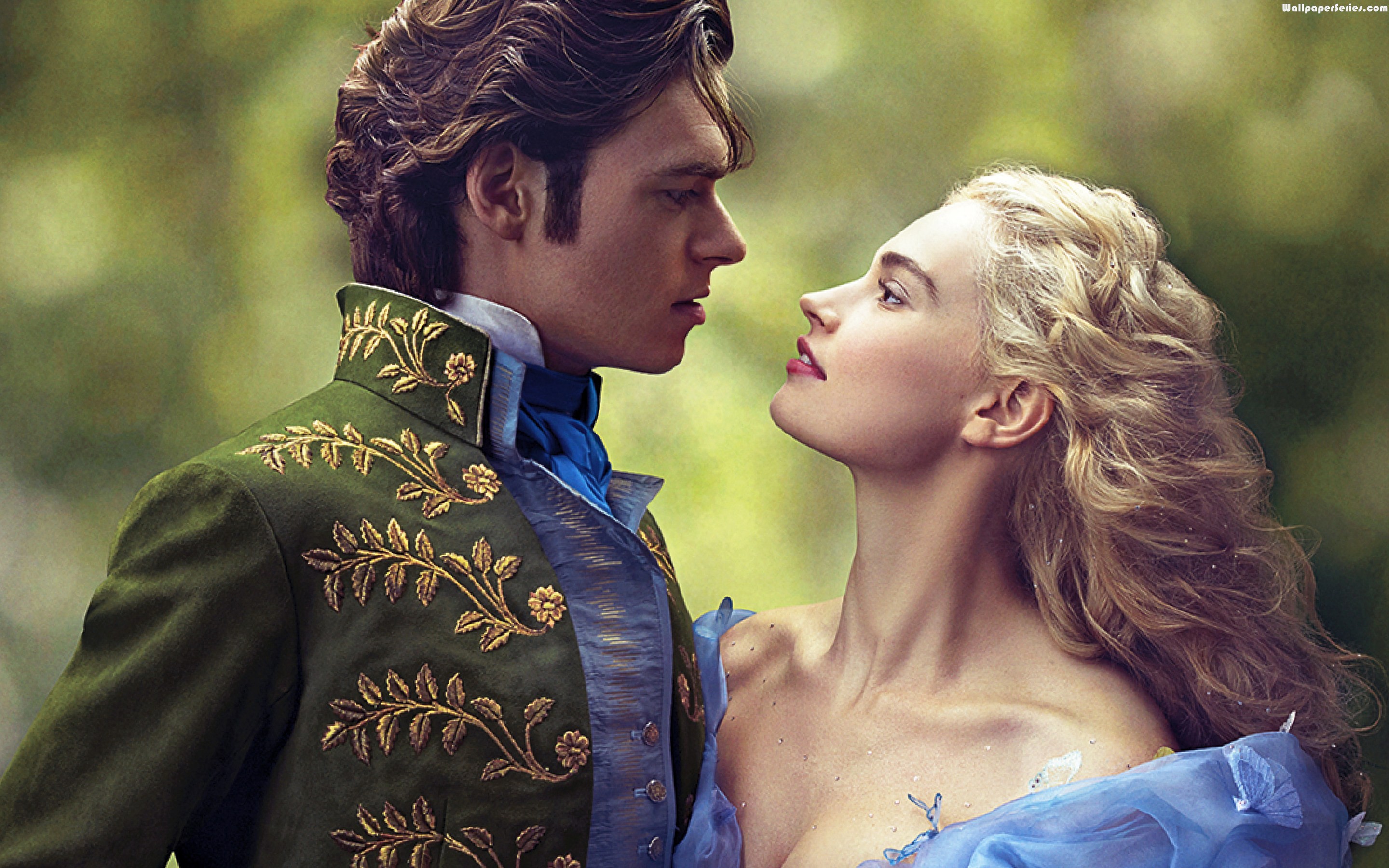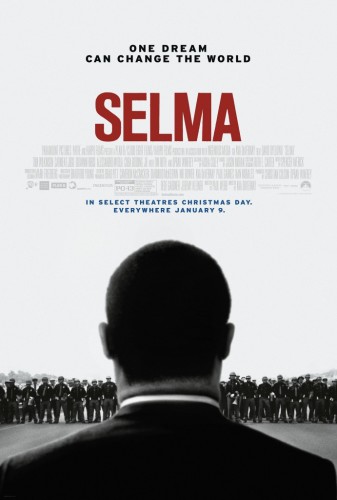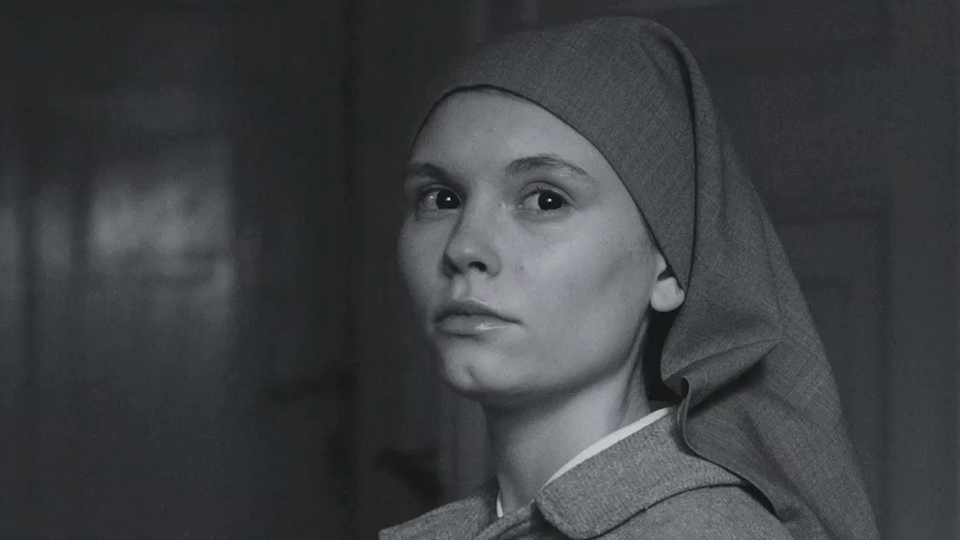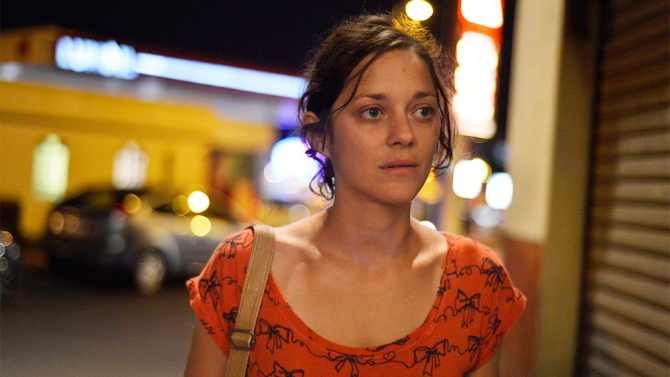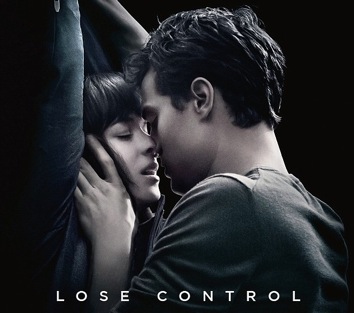‘Dreamcatcher’: Bringing Kindness to the Conversation About Sex Work
Because Myers-Powell spent 25 years as a “prostitute” (she does not use the term “sex worker” or “sex work,” perhaps because the women we see don’t use these terms either) on the same streets where she now does outreach, she understands the complexity of these women’s lives. She tells one young woman (one of the few white women she encounters) on a deserted-looking stretch of road, “This is one of the most dangerous spots,” and that even though she liked to think of herself as tough back in the day she never would have been there at night.
